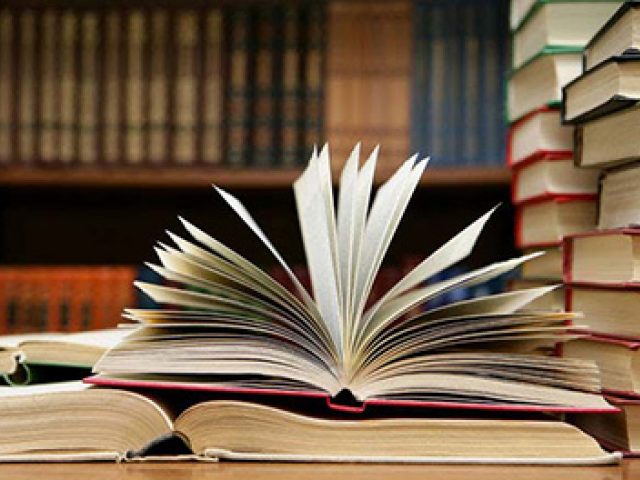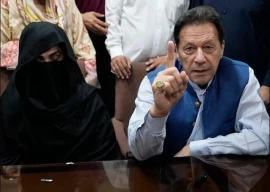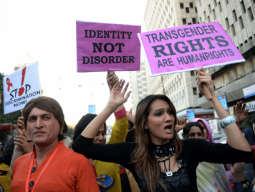
The Council of Islamic Ideology (CII) on Friday reviewed the National Curriculum of Pakistan in the wake of the criticism that it lacks flexibility.
The CII’s 230th session was held under the chairmanship of Dr Qibla Ayaz, read a statement issued on Friday.
The council offered prayers for the victims of the recent Peshwar blast. It also prayed for the Turkiye and Syria’s earthquake victims.
Introduced by the previous PTI government as the Single National Curriculum, experts say that while the idea theorizes ensuring a level-playing field for all in the country and defining a national character for the people, it is actually a state-engineered experiment that is being persistently applied to young minds in schools for a long time — albeit with little success.
Eminent educationists have raised questions as to the stated goals of the curriculum. Among them is the claim that madrassas will be brought within the ambit of formal schooling in the wake of an agreement reached between the education ministry and the federation of religious seminaries that comprises five major boards of madrassas representing different schools of thought.
This agreement, it is maintained, will help hundreds of thousands of seminary students get the same education as other students in the country and allow them to appear in board exams.
The proponents of the curriculum rubbishes the criticism that it will turn schools into madrassas and insist that it will rather turn seminaries into formal schools where contemporary subjects like English, Urdu, General Science, Mathematics are taught.
However, experts believe that even though the need to mainstream madrassa students is genuine, but it should not happen by way of introducing radical changes to curriculum for schools all across the country. Instead, they insist on bringing improvements within each education system functional in the country.
The CII also reviewed the wordings of the affidavit on the finality of prophethood in marriage certificates as well as the Constitutional Amendment Bill 2022 in connection with the word "Ameen".
The council further examined the joint ownership of houses for women under the Ehsaas programme, limitations of the freedom of expression, Dowry and Bridal Gifts Bill 2020, making films about holy personalities, amendments to the Transplantation of Human Organs and Tissues Act 2015, and the Constitutional Amendment Bill 2022 about Article 203D.
(With input from APP)





















COMMENTS
Comments are moderated and generally will be posted if they are on-topic and not abusive.
For more information, please see our Comments FAQ